Author of award-winning novella The Plankton Collector, Cath Barton, joins me for a #NovellaNovember Q&A to celebrate the publication of her second novella, In the Sweep of the Bay, which comes out later this month.
There’s no definitive definition as such, so can you tell me what you understand a novella to be?
The simple answer is that it’s a short novel – most novellas are probably between 15,000 and 40,000 words long. But there’s something else about the novella, which is that it is an intense read: novella is to novel as poem is to short story.
Can you give me some good examples of novellas, or some of your personal favourites?
My absolute favourite is George Orwell’s Animal Farm, which is as vital today as it was when it was first published in 1945.
I also recommend anything by Cynan Jones: The Dig, Everything I Found on the Beach, The Long Dry in particular, for their density of emotion; West by Carys Davies, which is accurately described in its blurb as ‘an epic in miniature’; and Claire Keegan’s Foster, another short book with great emotional depth.
What’s the appeal of the novella for you?
I like the concentration of the form, both as reader and writer.
Does this form lend itself to a certain type of story?
Certainly to stories about strong emotions. Look at Ian McEwan’s On Chesil Beach But not exclusively so. Animal Farm is a fable – as the first novellas were actually, such as the stories in the 14th century Italian collection called The Decameron. Mind you, I’m not really comparing like with like here – the term novella in the 14th century really just meant ‘story’.
Do you set out to write a novella, or does the story dictate its own length?
I think that if, as writers, we pay attention, we do find the story dictates its own length. As Cynan Jones said when I interviewed him a few years ago for the US-based Celtic Family Magazine:
‘The story is god. Ultimately it chooses the form that best suits it. First comes the compunction to commit to a story; then the clarity to listen to it.’
Both In the Sweep of the Bay and The Plankton Collector came from a piece of flash fiction. Can you talk us through how you go about working up that original flash?
Ah, the exact process is a bit elusive! In neither case did the initial flash become the opening, but they contained the seeds of the eventual books. I worked out from each, filling in the story like a jigsaw. But those flashes did remain essentially intact in the finished work.
Can you tell me what each of your novellas is about in one sentence?
The Plankton Collector is the story of a family coming to terms with grief, helped by a mysterious stranger, who appears to each member of the family in a different guise.
In the Sweep of the Bay is the story of a long marriage, with its attendant hopes, joys and sorrows.
What would you like readers to take away from reading In The Sweep of the Bay?
As in all my work, I hope that my writing speaks to them and they can relate to the characters in the book and to their experience of life, even if it is very different from their own.
And finally, you’ve been published by indie publisher Louise Walters Books (LWB) in a pandemic. How has that been?
I couldn’t have asked for a better publisher. It’s not the best time for writers or publishers, but we’ve worked together and I’m just delighted to see my book out in the world. You can buy it from bookshops everywhere, through bookshop.org, which supports independent bookshops, or direct from the publisher at LWB Bookshop.
Many thanks to Cath Barton for answering my questions on one of her favourite forms this #NovellaNovember.
*GIVEAWAY*
I have one signed copy of In the Sweep of the Bay and an unsigned copy of The Plankton Collector to give away. Leave a comment below and the squirrels will pick a winner on Thursday.
In the Sweep of the Bay by Cath Barton is published by Louise Walters Books on 23 November. The Plankton Collector won the New Welsh Writing Awards AmeriCymru Prize for the Novella in 2017 and is available through the GWales site. For more on Cath Barton and her writing, check out her Author Website, or find her on Twitter.
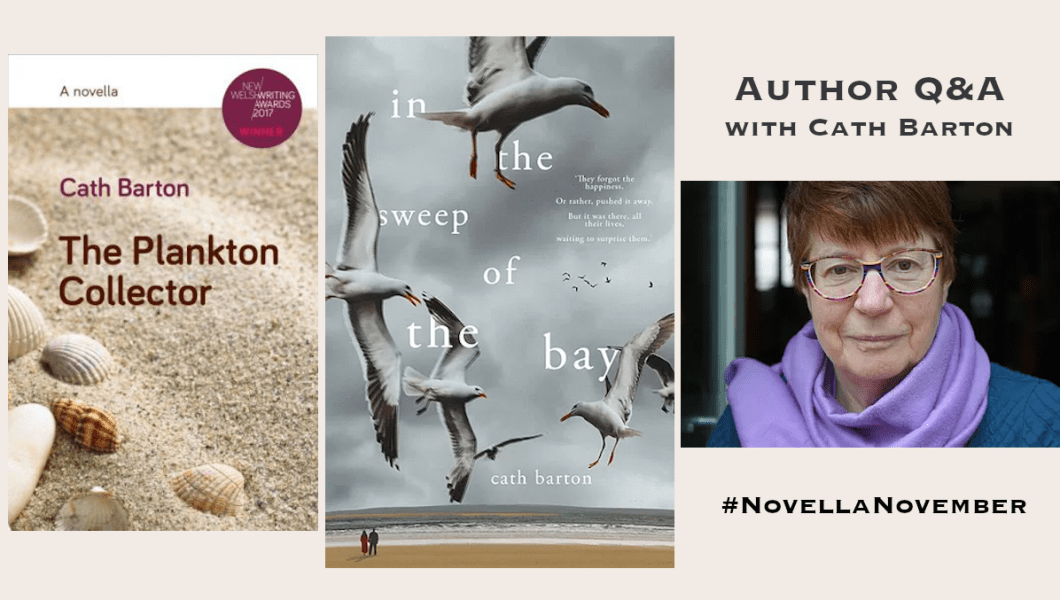
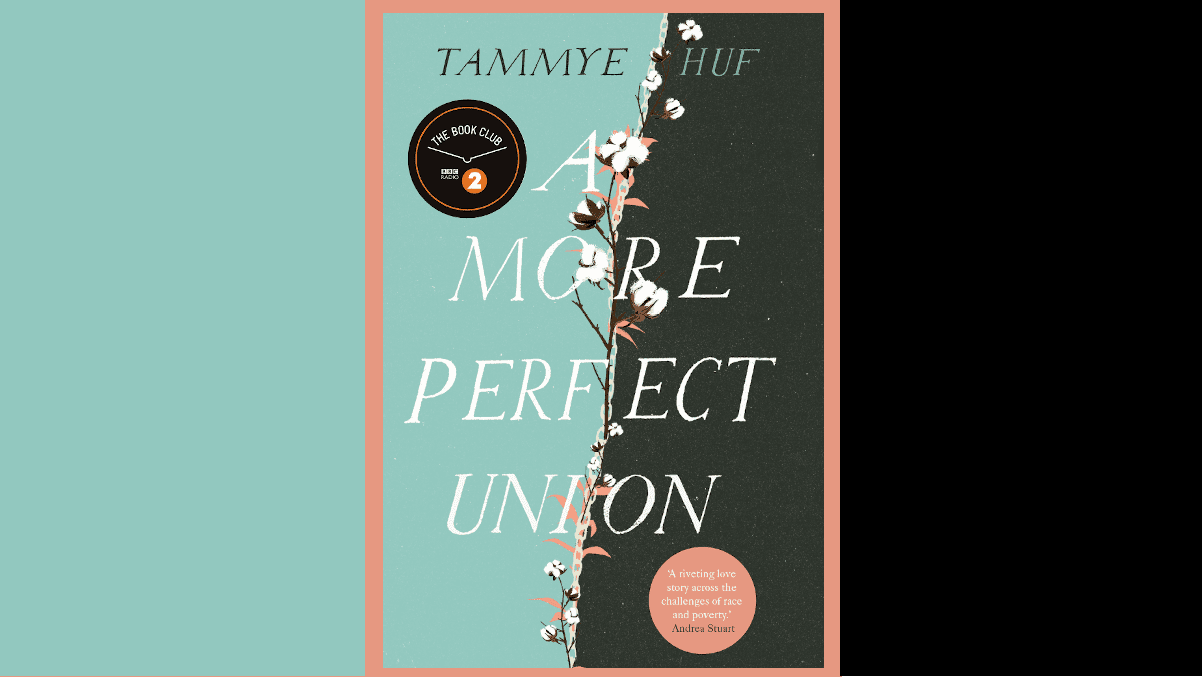
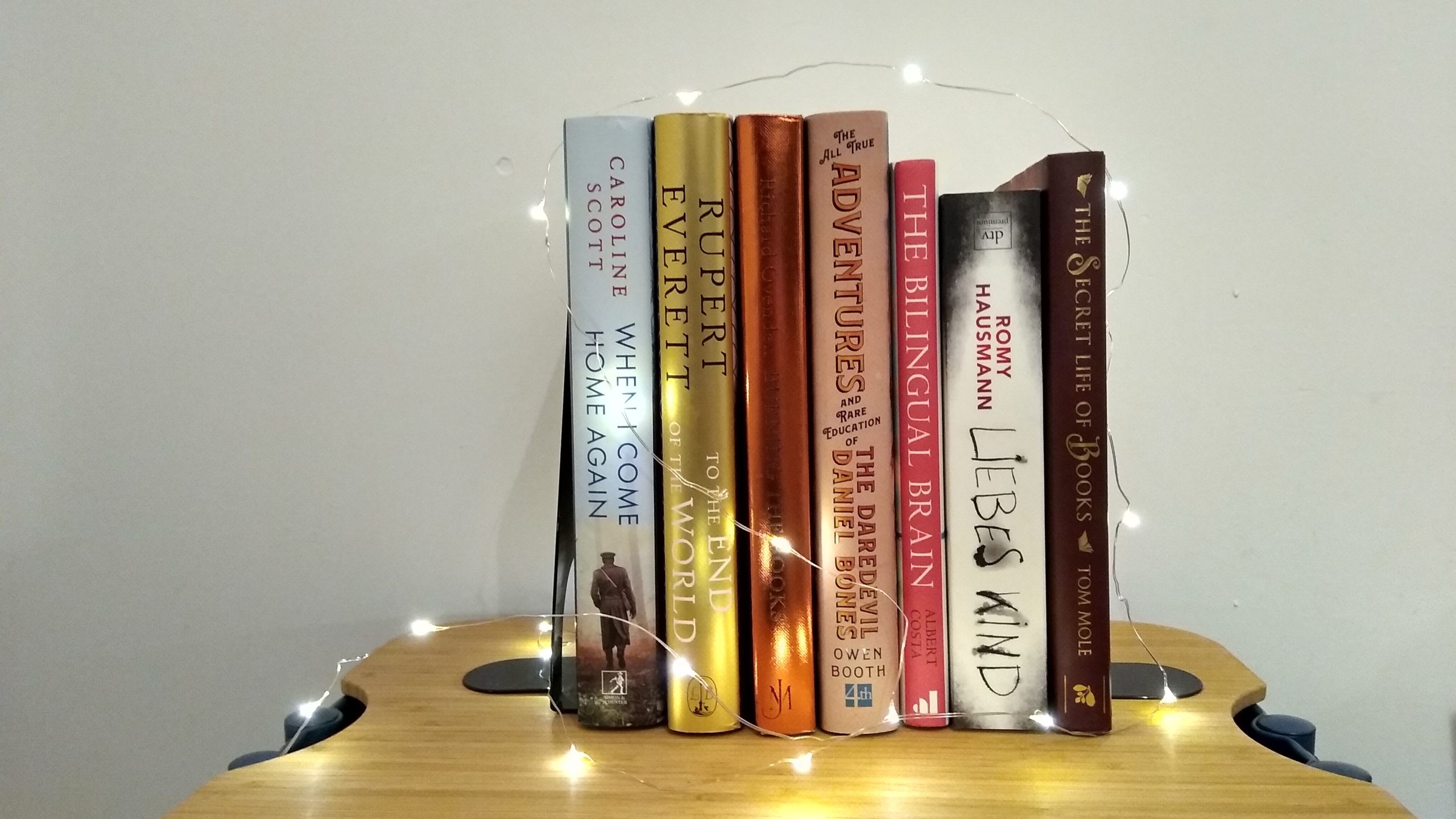
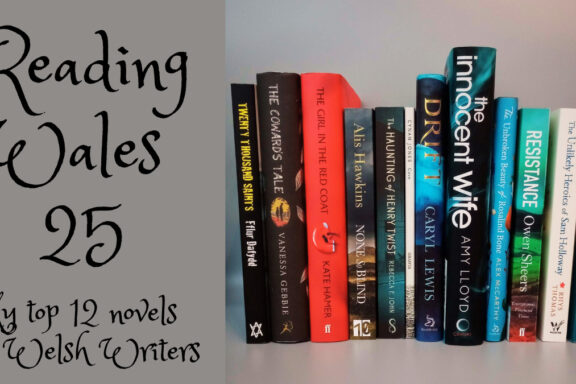
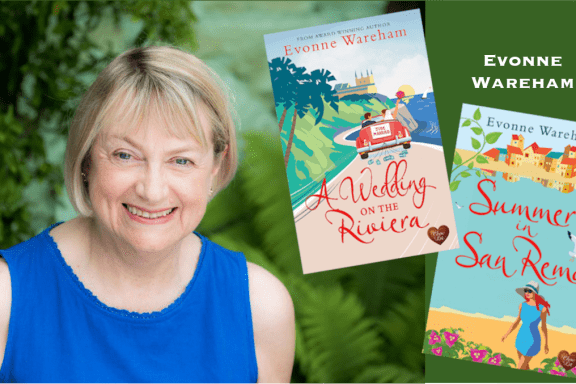
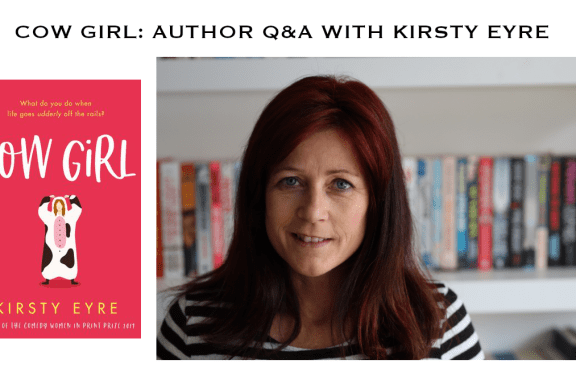
What a wonderful sounding book. I’d love to enter x
It is wonderful, and consider yourself in the draw. Thanks, Susan!
Consider yourself in the draw.
Thank you x
While I don’t relate well to short stories, I’m discovering that I absolutely love novellas – as Cath says they do tend to be quite intense. I just finished reading one – A Meal in Winter by Hubert Mingarelli – that was utterly compelling.
I don’t need to enter your giveaway since I already have a signed copy of In The Sweep of The Bay. Simply wonderful
Thanks for joining in the discussion, Karen, and happy to hear that you enjoyed Cath’s book so much. Novellas can pack quite a punch, can’t they? I don’t know A Meal in Winter but it sounds as if it needs to be on a bookshelf near me.
I ordered a copy of A Meal in Winter on your recommendation only to find I already had a copy in my book stash upstairs once I started cataloguing it, so I will be doing a giveaway for that this year.
Did you find any of the other Mingarelli books? I cant get them from the library and am trying really really hard not to buy anything new right now
Yes, I’ve got the other two in the loose trilogy which A Meal in Winter begins. Would you like to borrow them?
I’d love to borrow them Kath. Hope you don’t mind giving them house room until we’re able to meet up again in person
In the sweep of the bay’s blurb sounds so interesting! I’d love to win a copy. Now following this page 😊
Thanks, Emma and lovely to have you drop by! You’re in the draw.
Thanks, Emma, and congratulations on winning the giveaway!
I think the greatest novella is Kafka’s Metamorphosis but today I have loved both West and Mission House but endorse the comment above about A Meal In Winter. A novella is a novel in a tightly layered nutshell.
*glosses over not having read Kafka’s Metamorphosis* Another vote for A Meal in Winter – that’s it. I need to get my mitts on a copy! I’ve not read Mission House yet but agree that Carys Davies is superb. And that description of a novella is going down very well with everyone here at the Nut Press! Thanks, Sue for that and dropping by. You’re in the draw!
Thanks, Sue. I’d agree with you about West and am sure Mission House is every bit as good. I have bought A Meal in Winter based on Karen’s and your recommendation but is here where I admit that I have never read Kafka’s Metamorphosis… *slinks off to remedy that*
The squirrels put all your names in the draw and the winner is… Emma! Congratulations to you. If you can let me know your address, I will get the books out to you as soon as I’m able. Thanks to everyone for stopping by and entering the giveaway!